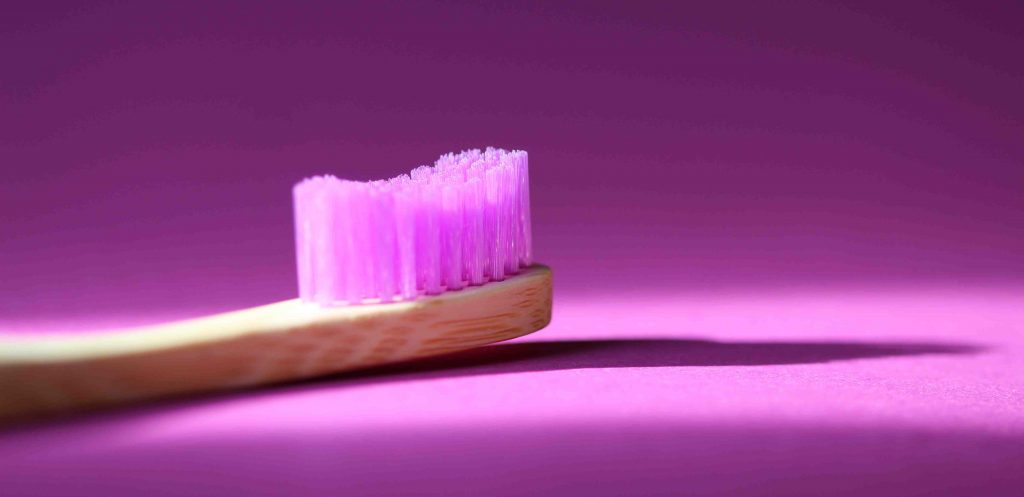
This February, many owners around the UK will be celebrating National Pet Dental Health month by taking extra care of their pet’s teeth. At Country Boarding for Cats and Dogs we have highlighted 6 pet dental tips for you to consider. We hope you find these tips helpful.
1. Tartar Build Up
By regularly cleaning your pet’s teeth, you can help to reduce the build-up of plaque and tartar. Over time, a build-up of tartar and plaqueon your pet’s teeth can wear away enamel, producing cavities and corrosion, not to mention other more serious mouth conditions such as gingivitis and gum disease.
2. Additional Health Issues
Poor dental health in pets, can also lead to other more serious health issues in the future, such as heart disease, diabetes, and a weakening of their immune system. In some extreme cases where a dog or cat has extremely poor dental health, it can result in them having their teeth removed which can cause them a great level of discomfort.
3. Monitor the Signs
Does your dog or cat have bad breath, stained teeth, or experienced sudden weight loss? Maybe your pet regularly paws at their face, has lost their appetite, or exhibits excessive dribbling? If you notice any of these signs, then they may be experiencing dental health issues. As soon as you notice any of these warning signs, make sure that you speak with your local vet for professional advice and have your pet’s mouth thoroughly examined.
4. What age can I begin cleaning my dog or cat’s teeth?
The earlier the better! Many dog owners begin cleaning their pet’s teeth from when they are a puppy so that they get used to the sensation of having a toothbrush in their mouth. A great tip to get your pet used to having their teeth brushed, is by using your finger to gently rub their teeth and gums. When you are gently rubbing your finger over their teeth, ensure that you use positive commands so that they have a positive association with the procedure.
5. Pet Chews
Pet chews have many teeth-cleaning properties which are great for maintaining a good level of oral health. When your pet gnaws on a chew this can help remove plaque from their teeth, and if it is a natural meat product then it will contain enzymes that help organically remove tartar and bacteria. However, if your pet is on a nutrition plan and needing a chew that does not contain any calories, then there are many rubber or long-lasting plastic alternatives that are equally as affective. Dog owners can start to introduce these dental chews to their pets throughout the day, either when they are at home or when on a dog walk at a secure dog park.
6. Professional Scale and Polish
If tartar has built up on the surface area of your pet’s teeth and has reached their gum line, then it is often recommended that you immediately contact your vet and book in for a professional oral assessment and treatment. A qualified professional vet will be able to prevent and treat any oral hygiene issues that may have gone unnoticed by their owners. After a vet has examined your pet’s mouth, an ultrasonic scaler will often be used to help remove plaque and tartar. Your pet’s teeth are then polished to further remove any minuscule abrasions which will help to reduce the chances of future plaque from building up.
Closing thoughts…
By regularly cleaning your pet’s teeth, this will positively impact their overall health and happiness. This February, for National Pet Dental Health month, ensure that you take extra care cleaning your pet’s teeth and look out for any tell-tale signs of gum disease or other oral hygiene issues. With nearly eighty percent of dogs and seventy percent of cats experiencing dental issues before they reach the age of three, dental care is vital in ensuring your companion does not develop a wide range of health issues further on down the line.